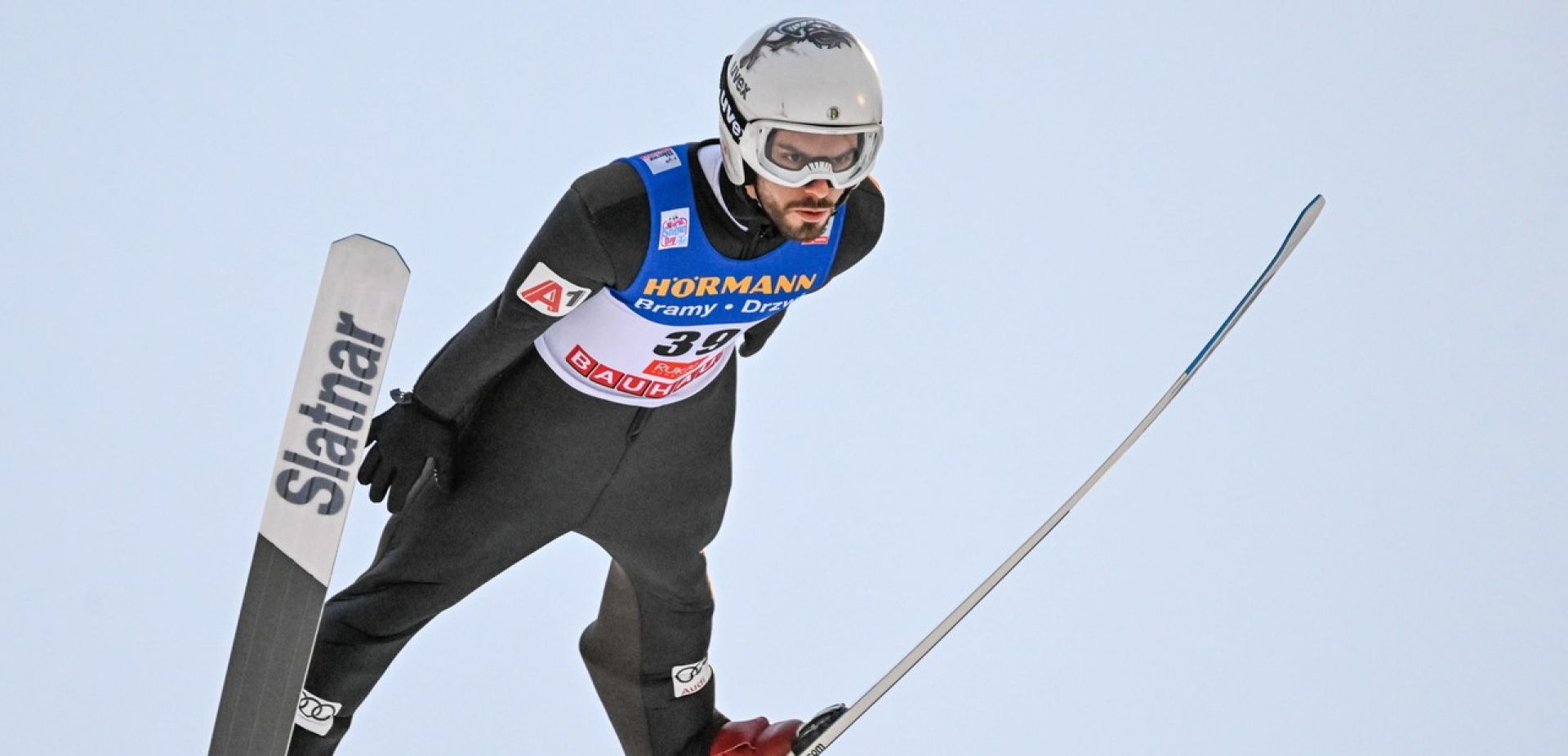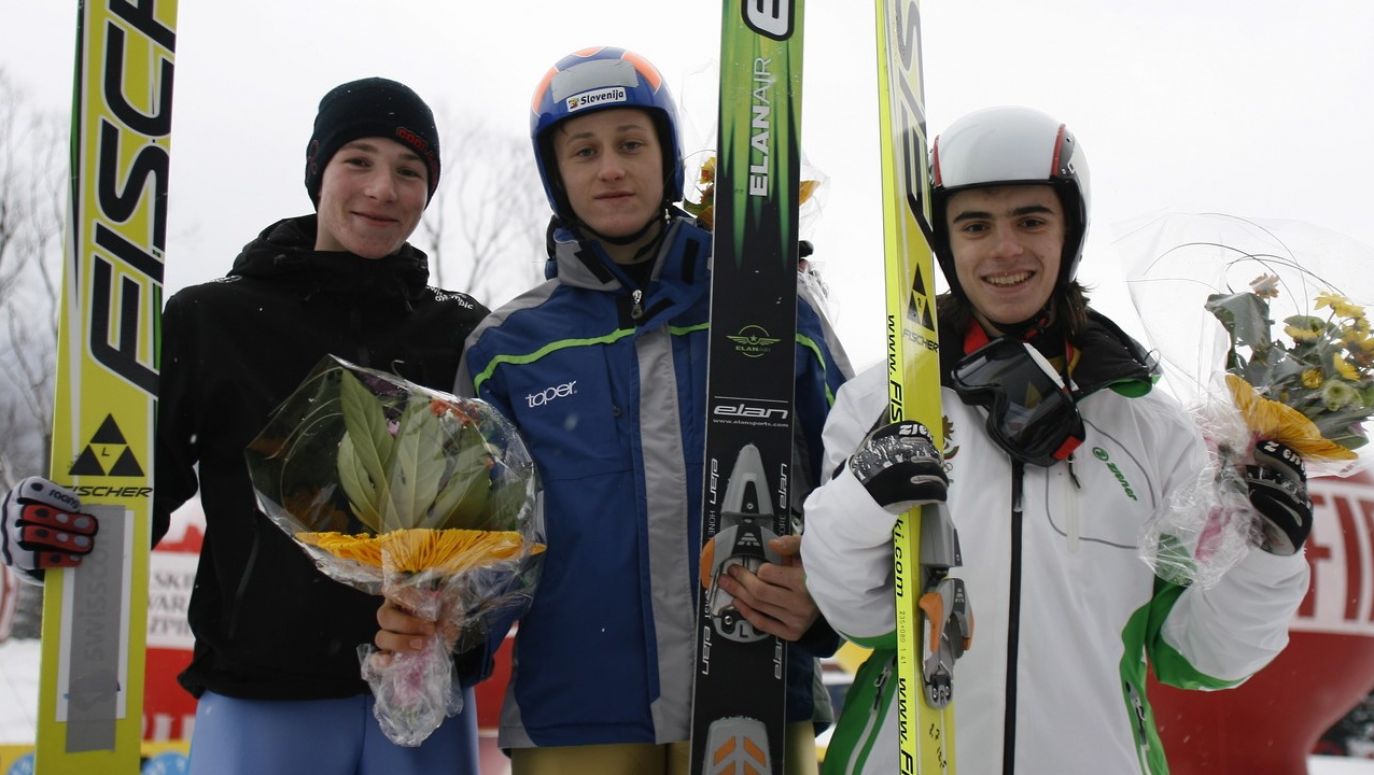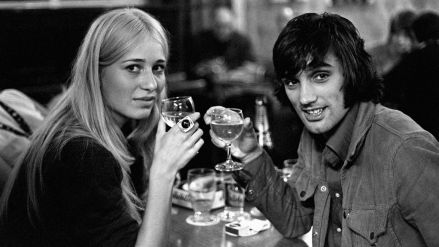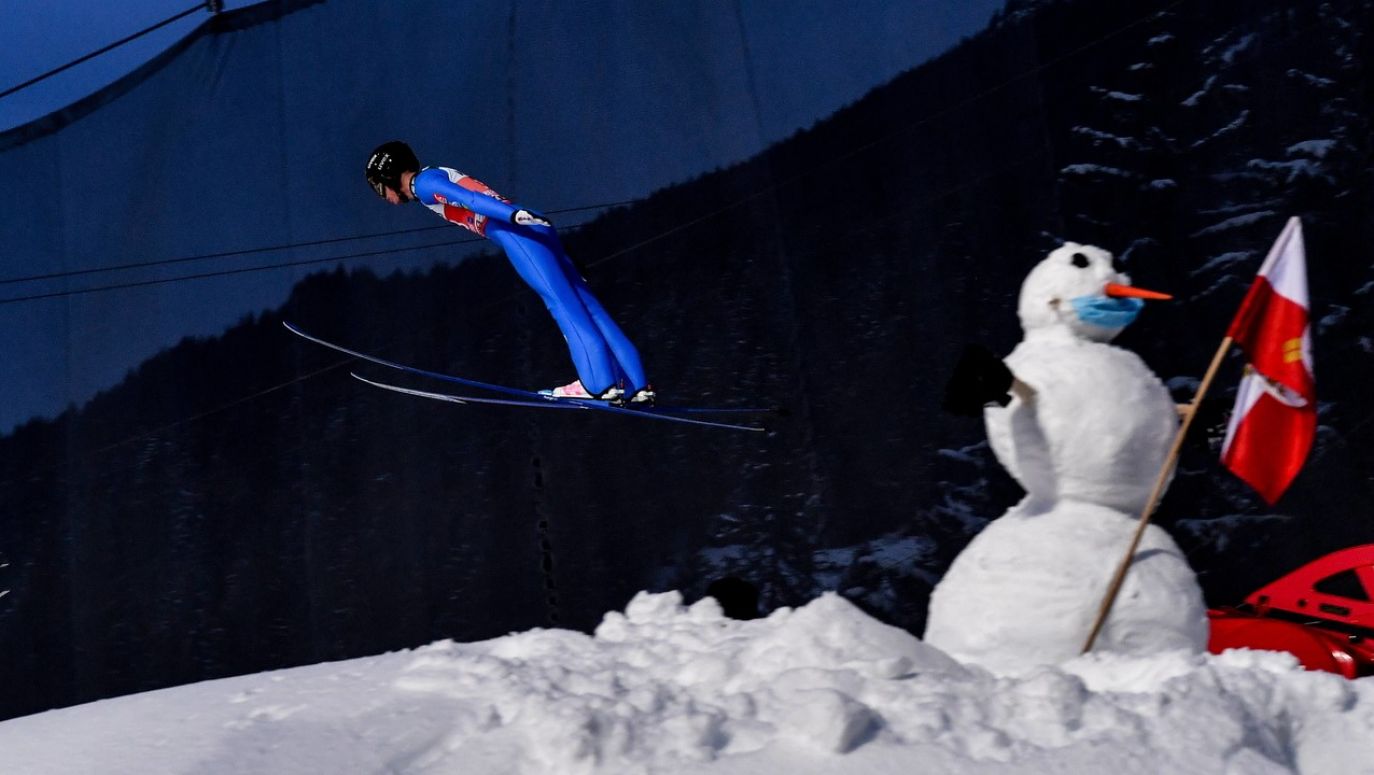Whoever starts with medals and suddenly falls into a ditch has to be hard as granite, or they’re out. This is what happens to many young people who enjoy talent but can’t pull themselves together when a wall appears that has to be overcome all over again.
So-called early bloomers, and the Bulgarian looks like he was one, shine in youth competitions and disappear in adult sport. However, Zografski was able to start over. To calm his head and set subsequent goals spread over time. And to jet like the Road Runner...
 SIGN UP TO OUR PAGE
SIGN UP TO OUR PAGE 
He survived a few seasons of sporting doldrums, from which the well-known coach Aleksander Pointner couldn’t find a way out. Finally, he changed his coach and country. He moved to Slovenia, under the training care of the Slovenian Matjaz Zupan. Only then did things get going.
Vladimir was making visible progress, but not to the extent that he really wanted to. He didn’t give up on his plans. He keeps the goal that drives him on the horizon. Because he wants to be one of the best on the hills, not just an extra or a backdrop for the stars.
He doesn’t lack ambition. He doesn’t lack stubbornness. He showed talent as a kid and confirmed it as a teenager. However, things on the hill aren’t going his way. He scored some points in the World Cup, but it’s not what he dreams of.
One of the reasons are likely the exceptionally frequent disqualifications that prevent him from proving himself. Maybe the judges don’t like him? Maybe because he’s not part of a family? Bulgaria currently just has this only child, so he brings next to nothing to the business. Promotionally, and therefore financially.
Training mistakes early on in his development are more likely though. Apparently, his father Emil, who was a jumper himself and trained him at the beginning, went overboard with strength work. Excess “gym-time” can derail coordination and create bad movement habits that are difficult to change years later.
Since Vladimir personally took the reins of his career, he is looking for new approaches and is constantly trying. He searches and tries in the right environment. There was Slovenia, where they have ski jumpers and traditions. Now its Poland, the country of the sport’s leaders. Time is running out and the Bulgarian is chasing, although he is already nearing 30.
No one pays for showing up
Vladimir Zografski isn’t the first Bulgarian on the international scene. In the 1990s, Vladimir Brejchev and Zachari Sotirov competed and scored points in World Cups. Emil Dimitrow Zografski, Vladimir’s father, also participated in these competitions.
Bulgarian athletes are known for other disciplines, probably the most as weightlifters and wrestlers. In addition to Bulgarians, the country is inhabited by various ethnic groups, such as Turks, Roma and Romanians. Ski jumping is practiced sparingly there.


 SIGN UP TO OUR PAGE
SIGN UP TO OUR PAGE 







